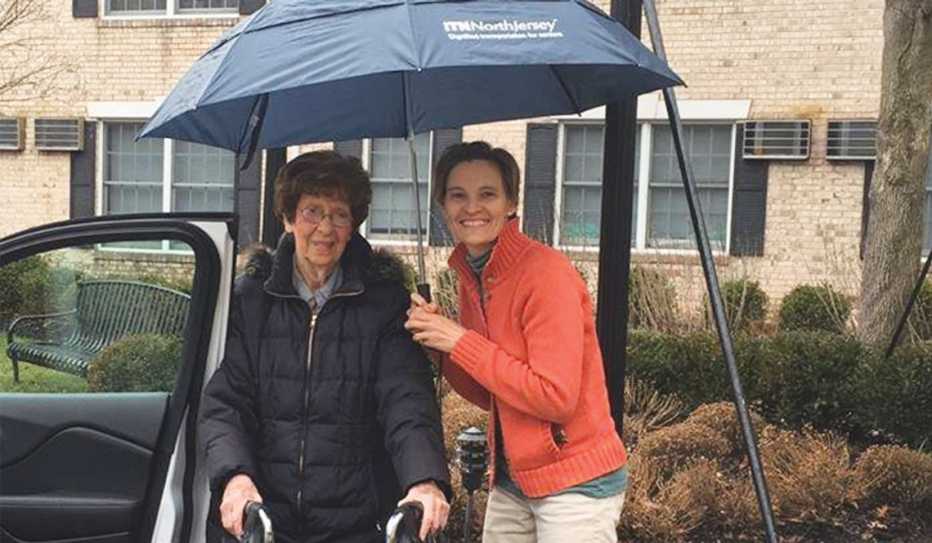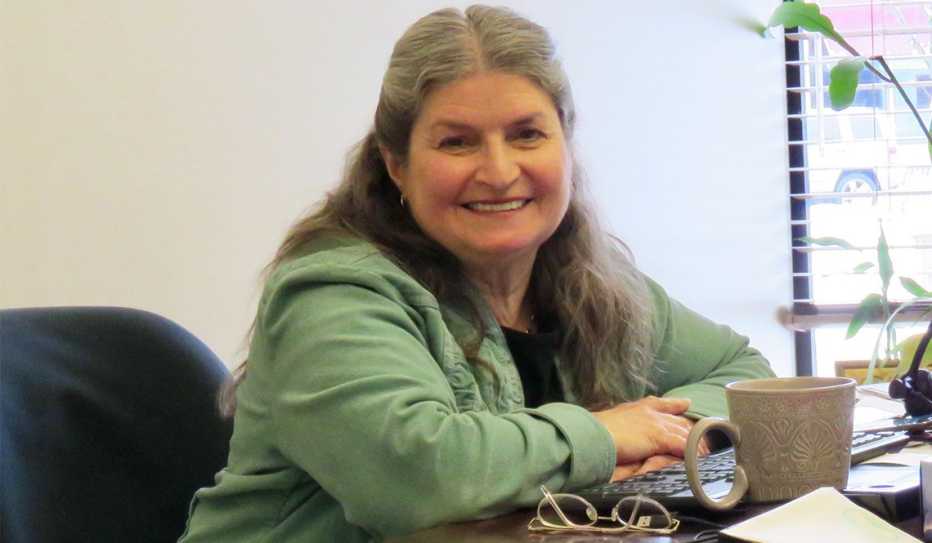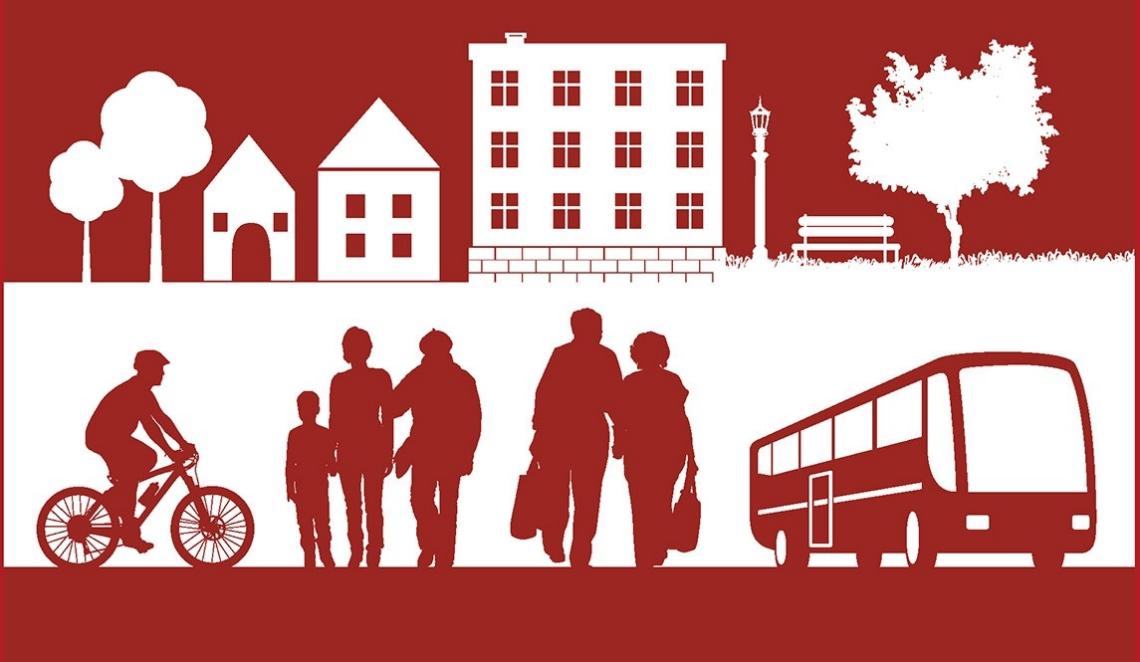AARP Hearing Center
Some day in May the Independent Transportation Network of America, or iTNAmerica, will give its one-millionth ride to an older adult (age 60+) or a person with impaired vision. The nonprofit has been providing what it describes as "arm-through-arm, door-through-door" transportation services since it was founded in 1995. Affiliates now provide low-cost, personalized rides in a dozen states, from Maine to Florida to California.


A community-based solution for the mobility needs of older and vision-impaired adults, the iTN model makes use of volunteers and the underutilized private cars in their driveways.
Passengers, called members, open a transportation account, which they or their family can fund with money or by donating a no-longer-used car. Rides are debited from the account. The volunteers and occasional paid staff who drive for iTN don't accept tips, but the volunteers can earn credits for their own future iTN rides, or they can give their credits to a friend or family member who needs iTN services locally or in a distant service area.
iTNAmerica was developed by Katherine Freund after a car driven by an 84-year-old man struck and seriously injured her three-year-old son. Freund's concern for her now-grown child led the then-graduate student (pursuing a master's degree in public policy) to do some research into the issues surrounding senior mobility.
Many older drivers are unable to safely remain behind the wheel, she understood. But if they stop driving while continuing to live in their current homes, they would have no way to get around. Crashes caused by older people are not the problem, Freund concluded. Such incidents are the result of a transportation system that's incapable of meeting the needs of an aging population.
About iTN, Freund says, "We ensure that outliving the ability to drive safely doesn't lead to a life of isolation."
According to Freund, 74 percent of iTN's passengers are women, 26 percent are men. The mean age is 84, with 58 percent of riders age 85 or over. iTN members can call for a ride anywhere in their affiliate's service area and for any reason. Four out of every 10 rides are related to health care, such as for a medical appointment or dialysis treatment. Roughly 20 percent of the rides are categorized as "consumer," which includes rides for shopping and errands. The remaining 10 percent of rides are for recreation, entertainment and socializing.


iTN's national database, RidesInSight.org, enables passengers, their families and medical providers to find transportation services throughout the country. Users simply type in a zip code or town to get a list of local transportation providers. "Technology makes that possible for iTN," explains Freund, "as it has for businesses like Uber and Lyft. It wasn't possible before." The database was created and is maintained with financial assistance from Regeneron Pharmaceuticals, Inc.
A pilot program called iTNCountry is working with a handful of communities to test an online learning system for small and rural communities that struggle to support sustainable community transportation services. Large, municipally-owned buses and vans aren't an economical approach in many small towns or rural places, Freund points out. "You can share a large vehicle owned by taxpayers or," she says, "you can share spaces in private vehicles."
"Senior transportation challenges will only grow more pressing," adds Freund. "The iTN model offers a solution that can fit many communities."
- For information about using ITNAmerica or creating an affiliate, visit iTNAmerica.org
- For a list of ITN's affiliates nationwide, go to iTNAmerica.org/Find-Your-iTN
- Related article: 5 Questions for Interview with Katherine Freund
Peter Morelli is a freelance writer and livable communities consultant based in Portland, Maine. He is a former planning and development director for the city of Saco, Maine.
Article published May 2018


























































